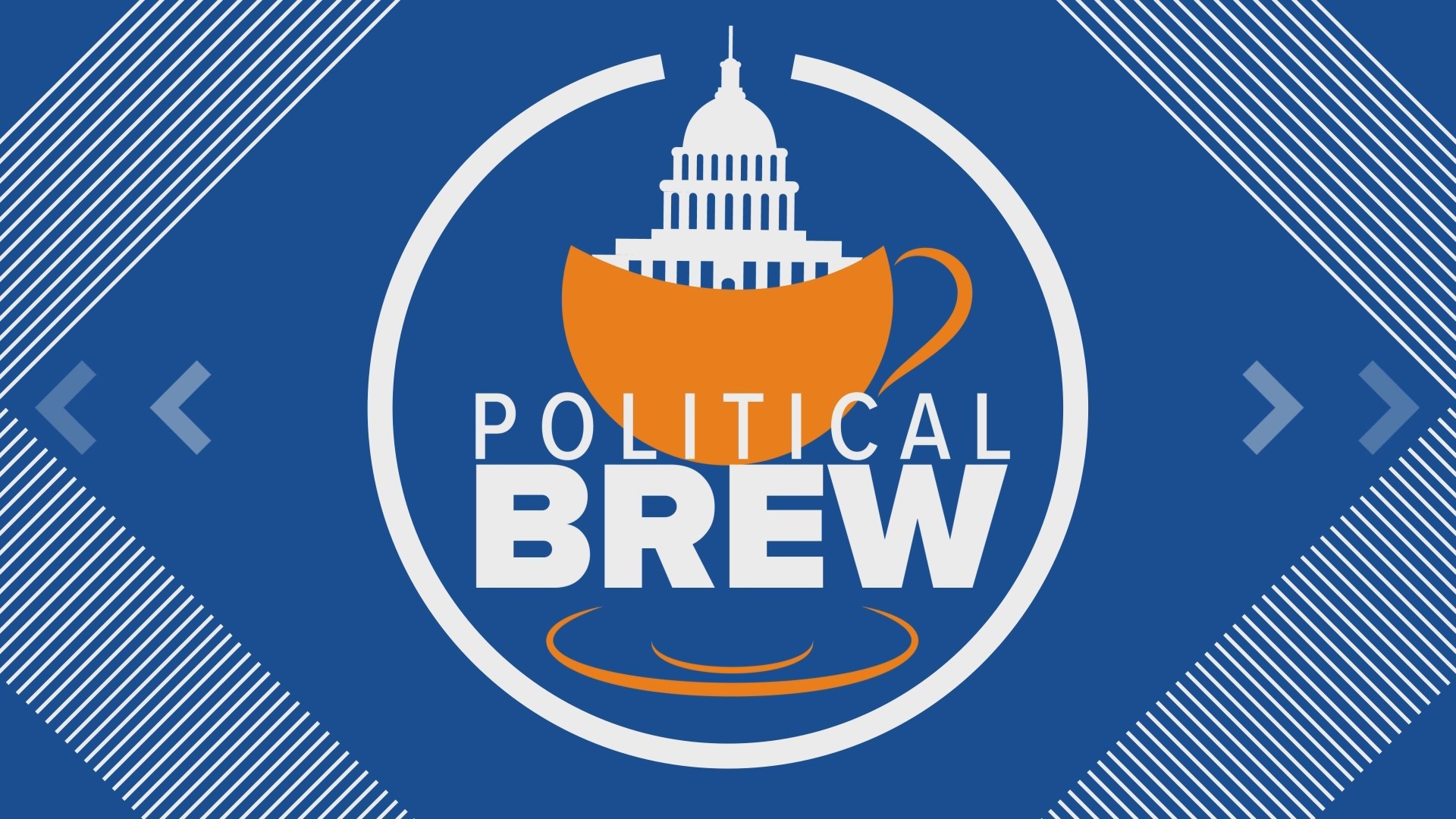MAINE, USA — The Legislature's Appropriations Committee has unanimously approved a supplemental budget that includes the governor's proposal to send checks for $850 to more than 850,000 Mainers.
This process in the waning days of a session can be very contentious, but this time it has been unusually quiet and collaborative.
Ken Altshuler thinks part of that is that the pandemic may have made lawmakers more willing to work together and that there was a lot of legislation both parties could embrace. He also thinks that legislative leadership "has encouraged collaboration rather than conflict."
Ray Richardson says Republicans recognized that their power is limited by being "in the extreme minority up in Augusta." But he also believes there's a political consideration.
"It's an election year, and right now is not a time to be wrangling. Now is the time to get things done and get the Legislature out of town and get on with the campaigns, because this is going to be a very contentious campaign," Richardson said.
In a historic vote on Thursday, the Maine House advanced a bill to give Maine's Native American tribes far more control over their future.
The bill would restore sovereignty to the Penobscot, Passamaquoddy, Micmac, and Maliseet tribes.
It covers the tribes' right to control most of what happens on tribal land, from taxes and environmental controls to many criminal and civil laws.
Opponents said there are too many uncertainties about possibly creating laws on tribal lands that conflict with neighboring communities.
Gov. Janet Mills has indicated she disagrees with parts of the bill and will likely veto it.
Richardson said she shouldn't do that because "there's no reason for the Maine tribes that are federally recognized to be treated differently than tribes around the country."
Altshuler pointed out that since the Maine Land Claims Settlement of 1980, an act that the tribes say stripped away much of their sovereignty, there have been more than 100 federal laws passed addressing tribal issues that the Maine tribes cannot benefit from, "so they lost out on a lot of federal aid."
But most importantly, he said, "We owe them the right to advance their tribes in the way they see fit."
The latest campaign finance reports released this past week show former Republican Congressman Bruce Poliquin has raised nearly $2 million for his campaign to win back the 2nd Congressional District seat, and the campaign has almost $1.9 million cash on hand.
But he trails the incumbent, Democratic Rep. Jared Golden, who has taken in almost $3 million, including over $635,000 in the first quarter of this year. But Golden has less cash on hand, more than $1.7 million.
The analysts say that's a sign of what most have known all along. This will be a competitive and expensive race.
But Richardson is surprised Golden has already spent so much. But ultimately, he said, "I think the money chase isn't going to be the big issue. I think the big issue will be whose message best connects with the second district."
And Altshuler said while Golden is a popular representative, an anticipated "red wave" for Republicans means "Jared Golden is gonna need that money. The most vulnerable time for a congressman is normally the first reelection, and he won that, but it was against a weak candidate. So he needs to be prepared."
The analysts also discussed the battle over how to allow sports betting in Maine, an effort by many Republicans and some Democrats to stop the Biden administration from rescinding the order known as Title 42, which permits the immediate expulsion of immigrants who illegally cross the southern border, and whether President Joe Biden is doing enough to help Ukraine in its war with Russia.
Political Brew airs Sundays on NEWS CENTER Maine's Morning Report.
More NEWS CENTER Maine stories

